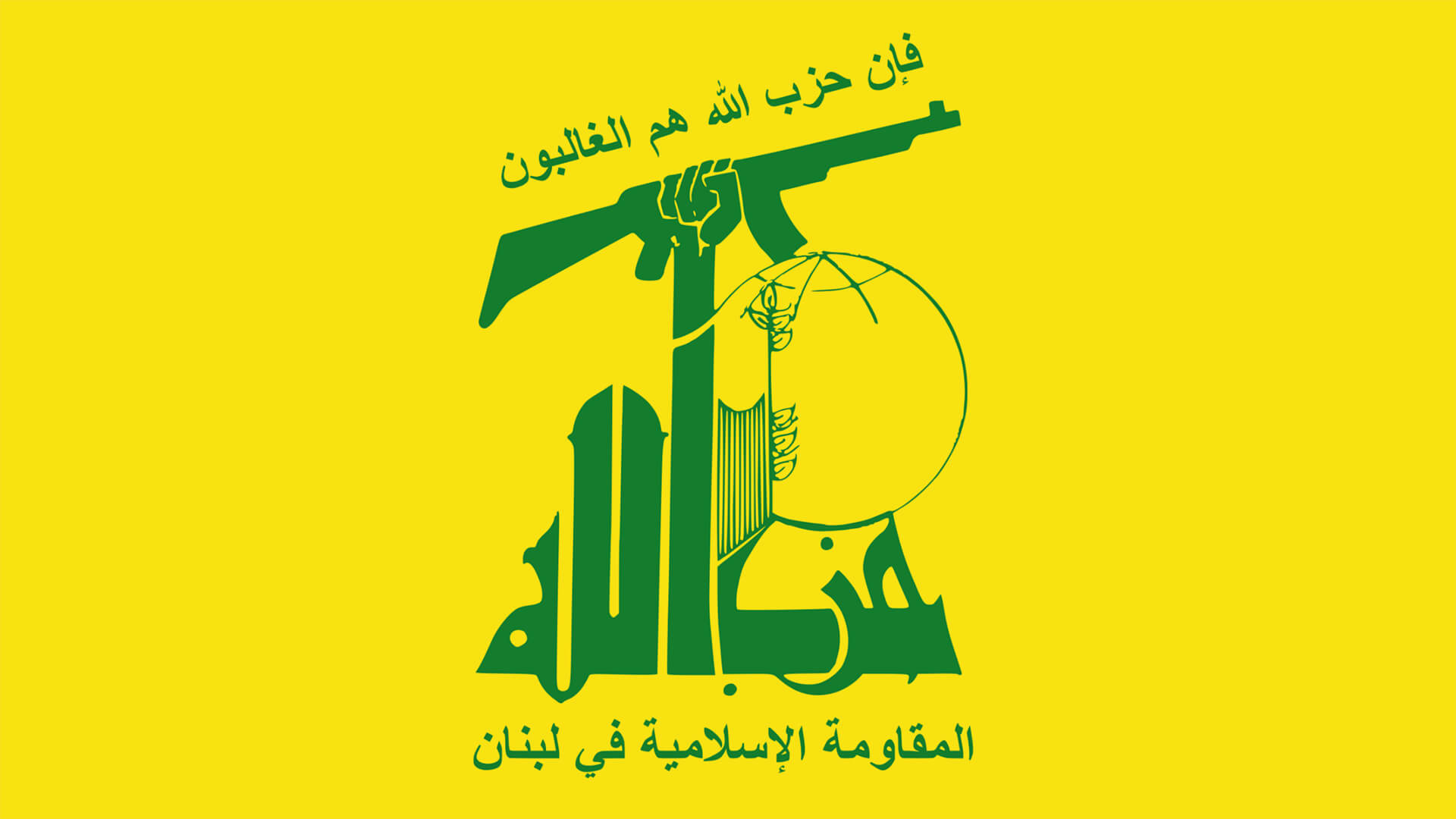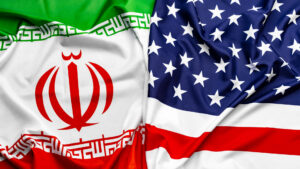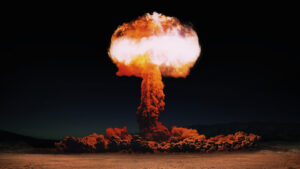Things are heating up between Israel and Hezbollah, with both sides launching attacks on the other. This situation has intensified since Israel became a bit more sensitive to the Middle East’s normal methods of negotiations-via-explosions following the conflict in Gaza. Let’s break this all down.
Iran has been whispering in Hezbollah’s ear to attack Israel for “PR” purposes. Once Hezbollah launched an attack, the Israelis responded with last week’s pager attack. With communications compromised, Hezbollah commanders were forced to meet in person, enabling Israeli airstrikes to quickly eliminate some key leaders.
Hezbollah doesn’t seem to have any cards up their sleeves at this point. Comms are down, Israel’s Iron Dome defense system is effectively mitigating rocket attacks, and Iran’s hands are tied (unless they wish to start a broader conflict). While tensions remain high, Israel has the upper hand and Hezbollah would have to get really creative to make that change.
Here at Zeihan On Geopolitics we select a single charity to sponsor. We have two criteria:
First, we look across the world and use our skill sets to identify where the needs are most acute. Second, we look for an institution with preexisting networks for both materials gathering and aid distribution. That way we know every cent of our donation is not simply going directly to where help is needed most, but our donations serve as a force multiplier for a system already in existence. Then we give what we can.
Today, our chosen charity is a group called Medshare, which provides emergency medical services to communities in need, with a very heavy emphasis on locations facing acute crises. Medshare operates right in the thick of it. Until future notice, every cent we earn from every book we sell in every format through every retailer is going to Medshare’s Ukraine fund.
And then there’s you.
Our newsletters and videologues are not only free, they will always be free. We also will never share your contact information with anyone. All we ask is that if you find one of our releases in any way useful, that you make a donation to Medshare. Over one third of Ukraine’s pre-war population has either been forced from their homes, kidnapped and shipped to Russia, or is trying to survive in occupied lands. This is our way to help who we can. Please, join us.
Transcript
Hey everyone. Peter Zeihan coming to you from a nice chilly morning in Colorado in the beginning of autumn. Trees are starting to turn, and everything will be under snow in just a couple of weeks.
Well, anyway, I was going to talk about Israel, Lebanon, and Iran. Okay, first the players. Iran is a sponsor of a group called Hezbollah, which is a militant cum political group in Lebanon.
Militant camp, political—important distinction there. They started out as a pure militant group. Most folks consider them a terror group for good reason. But they have also gotten elected in national elections and are a major part of the political scene. So there are two factions within the organization, basically one that wears suits and one that does it a little bit more sophisticated than that, but not a whole lot.
Anyway, bottom line is that the political side actually does try to run the country. This isn’t like Hamas under the Gaza Strip, where they got elected and they just were asshats. They’re actually trying, but the militant group is continuing to be a militant group. And in the aftermath of a lot of stuff we’ll go through here in a minute, Hezbollah has started launching hundreds of rockets into northern Israel.
The Israelis are coming out of the Gaza operation, which has not been going well for them whatsoever. And they see missiles coming in from Hezbollah or preparation of missiles coming in from Hezbollah. So they’ve been launching airstrikes of their own, and now we have this escalating situation of increased military activity on both sides of the border.
At the moment, no sign of ground troops, no indication that anyone wants to send ground troops—just missiles and airstrikes. That’s where we are right now.
How we got here: In the aftermath of the Gaza attack, a lot of countries and movements saw an opportunity to kind of twist Israel’s tail, thinking that they were distracted. And so this would be a great time to get some good PR and maybe do some fundraising. Hezbollah and Iran were two of those groups, and so Iran encouraged Hezbollah to lob a few rockets just to basically get in the headlines and encourage people to beat their chest and scream at Israel. They saw it as a really cheap PR play.
The Israelis, being a little sensitive, hit back fairly hard, and last week managed to display that their Intel operations have not suffered as much as some of us may have thought. In the aftermath of the Hamas operation, which has gone badly, Israel got into the supply chain for equipment for Hezbollah and put explosives in several hundred pagers that were distributed to Hezbollah fighters and their Iranian handlers. They all blew up a few days ago, injuring a few thousand people and killing quite a few as well.
The day later, they did the same thing for walkie-talkies. So if you are in Hezbollah or if you are in Iran, you’ve got to wonder how deeply the Israelis have penetrated because, you know, this is kind of like spycraft 101. You know, if I were to run a militancy group, I would probably check the equipment that I was handing out to all of the people that I’ve spent the last 30 years training—beforehand, you know, something that’s going to blow up on their hip?
Anyway, the reason that Israel did it now is they are looking to degrade the capacity of Hezbollah locally and Iran regionally to keep doing this. One of the fun things about the Middle East is that firing hundreds of rockets and having hundreds of planes do thousands of airstrikes—that’s what negotiation looks like. The technical term is “escalate to de-escalate.” You want to prove to the other guy that you can do more, that you can hit harder, unless they shut up and sit down and let you have the last word, and everybody wants the goddamn last word.
So what the Israelis are doing is trying to prove to Iran specifically that, no, you don’t get to have the last word. You’re on the wrong side of the region. You can’t reach here in force, and your proxy ally in Hezbollah is not capable without you. And we just took action through the pagers that you provided to your proxy. And so we could do so much worse to you. In fact, we’re gonna do so much worse to Hezbollah right now.
So less than two days after the attack, the Israelis took out a number of high-level people within the Hezbollah network. Hezbollah works on a series of cells, but it is still relatively hierarchical because if you’re going to have a military operation, that’s not just a terror attack. That’s something that requires a lot more coordination with a lot more people.
And since the beepers had all been taken out and the secure communications that Hezbollah thought they had were gone, they had to meet in person. Well, Israel was watching. And so they blew up a couple of buildings that had some of these high-level people in them. One of them was a guy by the name of Ibrahim al-Mughniyeh. It’s Mughniyeh—I think it’s pronounced “Mugh-nee-yeah,” like a chew, but Mughniyeh.
Anyway, now, for those of you who follow Middle Eastern issues with an American tinge, special security issues of a historical notion, that name Ibrahim al-Mughniyeh might ring a bit of a bell, because back in 1983, he was the mastermind behind the 1983 Marine barracks bombing, which killed 300 people, 240 of which were American, and presaged Reagan deciding to remove forces from the region altogether.
He’s been somebody who’s been on the American shit list for quite some time, and he is in command of something called the Radwan Brigade, which is basically a special forces terror arm within Hezbollah that is responsible for the Southern Lebanon theater. That includes launching rockets into Israel and intervening in the Syrian civil war. They’ve done a lot of nasty things to a lot of people over the last 40 years, especially in the last 15.
Anyway, he and some of the other similar commanders of this brigade were all in the same place having a face-to-face because it was the only way they could have a secure conversation. And the Israelis dropped a bomb on them and dropped a building on them. And that was the end of that.
You combine that with the general destruction of their entire secure communications capability, and Hezbollah’s ability to retaliate or just act in general in any sort of coordinated manner has basically dissolved. They’re gonna have to rebuild this. It’s not that they can’t recruit more people—Lebanon is a place where it’s really, really easy to find people who are Shia and impoverished, who ascribe to Hezbollah’s creed and really don’t like Israel that much. Recruiting more people is not the problem. Training people to be a cohesive force—that’s a problem. And that’s almost impossible until they rebuild a secure communication system. You don’t do that in 96 hours.
And so Israel has actually had a bit of a field day here, taking out ammo dumps and launching sites throughout southern Lebanon. And while individual Hezbollah commanders have taken it on their own to fight back and shoot rockets into Israel, these aren’t sophisticated weapons. And Israel’s Iron Dome anti-missile system is arguably the world’s best, especially against dumb weapons like rockets that have no guidance.
And so this kind of is leaving Israel in not exactly the catbird seat. This is still a messy situation, but they have a leg up over a country like, say, Iran, that is looking for ways to have the last word and show everyone that they still matter. And at the moment, they just can’t. They can’t retaliate directly because if they do, that involves a whole lot more people and countries, including perhaps an American supercarrier and a battle group that would definitely shoot back and take out what’s left of Iran’s oil export capacity.
And Hezbollah needs to reorganize, which is a process that’s probably going to take over a year. So at the moment, Israel is getting the last word. The question is, at what point does everything quiet down enough to prevent this from spinning out of control? It’s still not impossible, but it has now become less likely, mostly because Hezbollah really can’t fight capably. They can cook off a bunch of rockets, and that’s about it. And there’s not a lot right now that Iran can do to help them.








